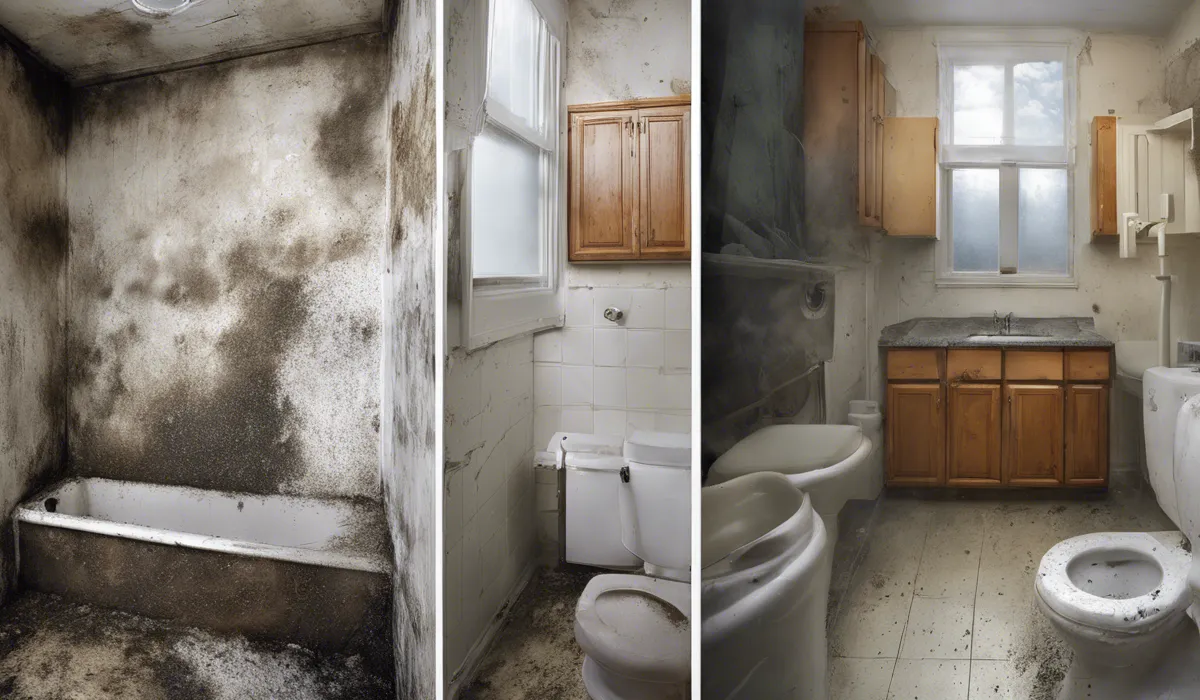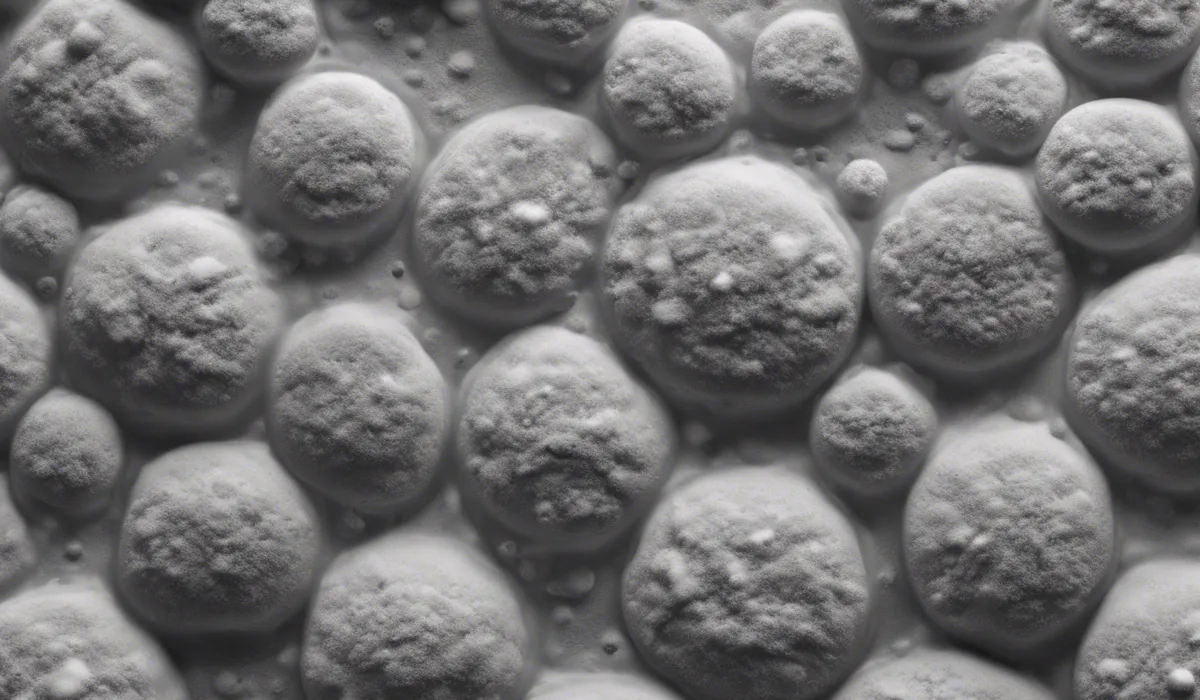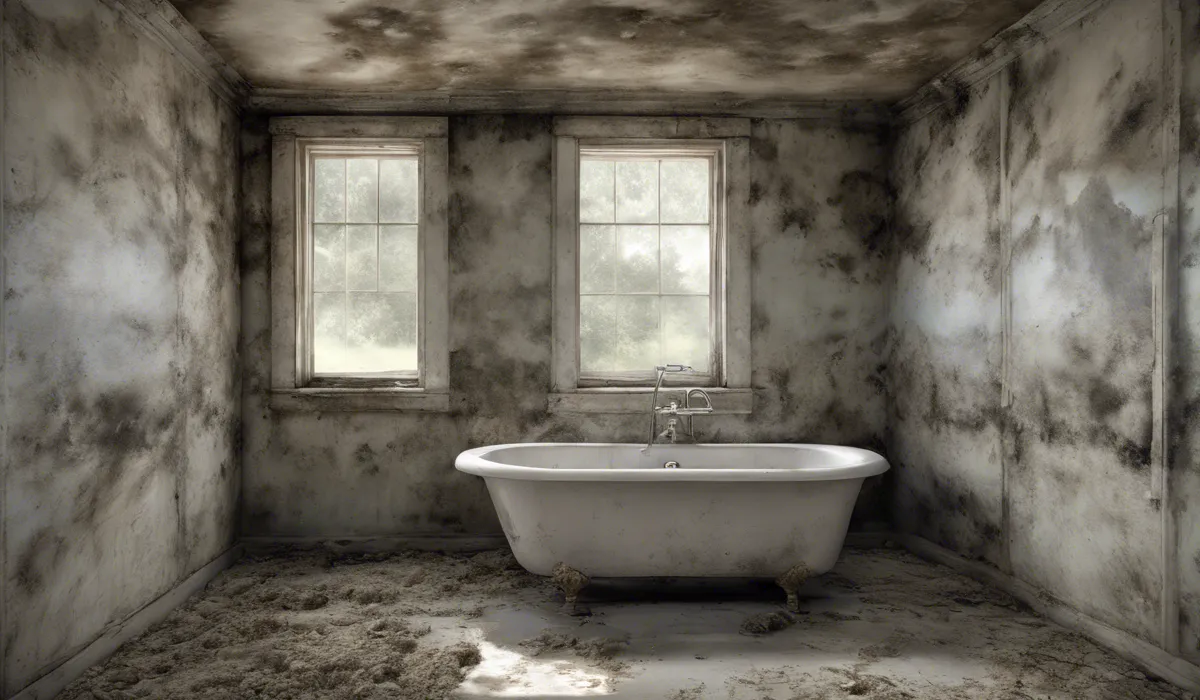To sue for mold exposure, document medical issues and mold presence, consult a personal injury attorney, file a lawsuit for negligence or product liability, and prepare evidence for court.
Understanding Mold Exposure and its Effects

What is Mold?
Mold is a type of fungus that thrives in damp environments. It reproduces through spores that travel through the air and can grow on almost any surface when moisture is present.
Common types of mold include Aspergillus, Cladosporium, and Stachybotrys, often called black mold.
Health Issues from Mold
Exposure to mold can lead to various health problems, especially for those with allergies or asthma.
Symptoms may include coughing, sneezing, eye irritation, skin rashes, and in severe cases, lung infections.
Prolonged exposure can exacerbate these issues and lead to chronic respiratory conditions.
Identifying Mold in Your Environment
Signs of mold include a musty odor, visible growth on walls or ceilings, and excessive humidity.
Water damage, such as from a leaky roof or plumbing, can also indicate mold presence. It’s important to regularly inspect your home or workplace for these signs.
Legal Implications of Mold Exposure
If mold exposure occurs in a rental property or due to defective products, you might have legal recourse.
Landlords and manufacturers have a responsibility to ensure safe conditions, and failing to address mold problems can be seen as negligence.
Preparing to Take Legal Action

Documenting Mold and Damage
Before pursuing legal action, gather evidence of mold presence and any damages incurred.
Take photographs of the mold and keep records of any property damage or financial losses. This documentation will be crucial in building your case.
Medical Documentation
Health records linking your symptoms or illness to mold exposure are vital. Obtain a doctor’s diagnosis and ensure your medical records reflect the connection to mold.
This evidence will help demonstrate the impact on your health.
Consulting Legal Experts
Seek out attorneys who specialize in mold cases. They can provide guidance on the strength of your case and the potential for compensation.
A professional can navigate the legal complexities and help you understand your rights.
Statute of Limitations
Legal action must be taken within certain time limits, known as the statute of limitations. These vary by state and type of claim.
It’s crucial to act promptly to ensure your lawsuit is filed within these timeframes.
The Legal Process for Mold Exposure Claims

Filing a Lawsuit
To initiate a mold exposure lawsuit, you must file a complaint in the appropriate court. This document outlines your allegations and the damages you seek.
The defendant will then have the opportunity to respond.
Negligence in Mold Cases
Negligence is often the basis for a mold lawsuit. You must prove that the defendant failed to maintain a safe environment and that this failure led to your mold exposure and subsequent health issues.
Potential Defendants
Depending on your case, various parties might be liable. Landlords, property managers, contractors, and builders can all be responsible if their actions or inaction contributed to mold growth and exposure.
Remedies and Compensation
Victims of mold exposure can seek various forms of compensation, such as medical expenses, lost wages, and pain and suffering.
In some cases, punitive damages may be awarded if the defendant’s actions were particularly egregious.
FAQs About Suing for Mold Exposure
What should I do first if I want to sue for mold exposure?
First, document any medical issues with medical records and gather evidence of the mold presence in your living area or the product that caused the exposure.
How do I prove negligence in a mold exposure lawsuit?
Proving negligence involves showing that the property owner or product manufacturer failed to address the mold issue, leading to your exposure and subsequent health problems.
Can I file a product liability lawsuit for mold exposure?
Yes, if the mold exposure was due to a defective product, you could file a product liability lawsuit against the manufacturer or seller of the product.
What type of attorney should I consult for a mold exposure lawsuit?
Consult a personal injury attorney experienced in dealing with environmental or toxic tort cases, such as mold exposure.
What kind of evidence is needed in court for a mold exposure claim?
Evidence needed in court includes medical records documenting health issues caused by mold, expert testimony, and proof of the mold presence and its harmful effects.
Final Thoughts
To pursue legal action for mold exposure, meticulously record health complications and evidence of mold.
Seek out a personal injury lawyer’s counsel to discuss potential claims of negligence or product liability.
A lawsuit must be filed, and a robust dossier of proof should be amassed to support your case in the judicial system.
